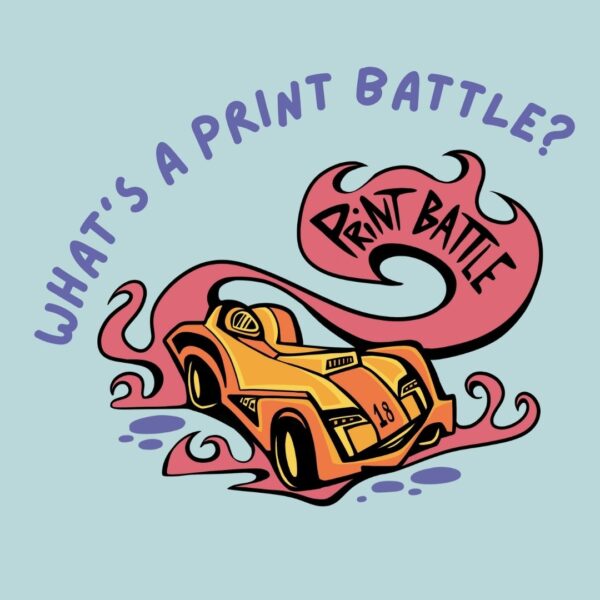Ed. note: This is the third in a four part series hosted in collaboration with The Ladies Almanack, a feature-length experimental narrative film written & directed by Daviel Shy, based on the novel of the same title by Djuna Barnes. This installment has been written by actor, Caitlin Baucom.
JOUISSANCE
The death thing, the tortured thing. As a child I lay awake nights, unable to sleep through my pounding heart, convinced each night I’d die before morning. I’d get to sleep only by reciting the Hail Mary, or later poetry, over and over again. These things work because they don’t throw false harsh light, poetry and prayer being comfortable enough with death.
I am 30, two years younger than the poet Renée Vivien when she died in 1909, of complications from anorexia, drinking, and drugs. It’s a death I still find romantic. Our similar acts took opposite tracks, in our first 30 odd years, I heading away from pathological instability and she toward. The child I was lived completely in her head, kept rotting organic matter of various kinds in her closet, performed elaborate rituals and while fully fucking throttled by emotions took some exquisite pleasure in the torture. Ricocheted between silent and withdrawn and loudly performing, devoted herself slavishly to other gorgeous little girls. In my two thick poetry journals from ages 9 to 10, death and Weltschmerz are everywhere. I dramatically starved myself nearly to death before I was alone in the world and so survived. Identifying these tendencies of mine as primarily artistic and performative allowed me to focus them more and more into productivity in adulthood until now, at the brink of another decade, I have cheerfully integrated many manias.
The shapeshifting thing, the purposeful willing of a specific personhood. How does one present? Performing is different than acting, carries different responsibilities. One of Daviel’s film’s many geniuses is that its casting structure uses this. Her characters are amalgamations of the historical woman and whomever Daviel has chosen for her contemporary counterpart. I am not acting the part of Renée Vivien; I am performing my self as Renée. And since my self is a performance maker, and since Daviel somehow so expertly sensed these strange confluences of character between the historical woman and her counterpart, she has handed six minutes of her film over to us for a devised performance ritual.
Performance is both my primary medium and daily responsibility, as I work as a performer for The Museum of Modern Art. Ten of us have been the physical embodiments of now three different artists work, giving me a lot of time to think about passivity’s responsibility and control, and rethinking control to include passivity and trust. Being viewed and photographed as an object in MoMA, rather than flattening my sense of self, has made me hyper-aware of my presence in the work, and in my ability at any time to walk away from complicity, change the work, translate it wrong. What happens to your work when it’s breathing, shifting, never the same, at the mercy of human frailty, emotional?
To be thus entrusted by Daviel is startling, reckless generosity. She has taken on a degree of passivity at which most directors would balk, leaving a full six minute blank in her masterwork for me to fill with an absolute and unapologetic celebration of extremes. To romance death with Renée, to flirt with edges, of sanity, of pleasure, of pain. Sexual and narcotic. Daviel knows I consider passivity to sometimes be a gift, and that I work with that idea in my performances, giving other performers actions which they find pleasurable but wouldn’t feel able to indulge on their own. I am always performing as myself. By having me perform as myself as Renée, Daviel has given me permission to revel fully in things I try to not always indulge, to use with restraint. This time, for six minutes, Renée and I are going to raise hell.
- Paris on the Prairie: Part III - June 18, 2015
- Paris on the Prairie: Part II - June 3, 2015
- Paris on the Prairie: Part I - May 20, 2015





